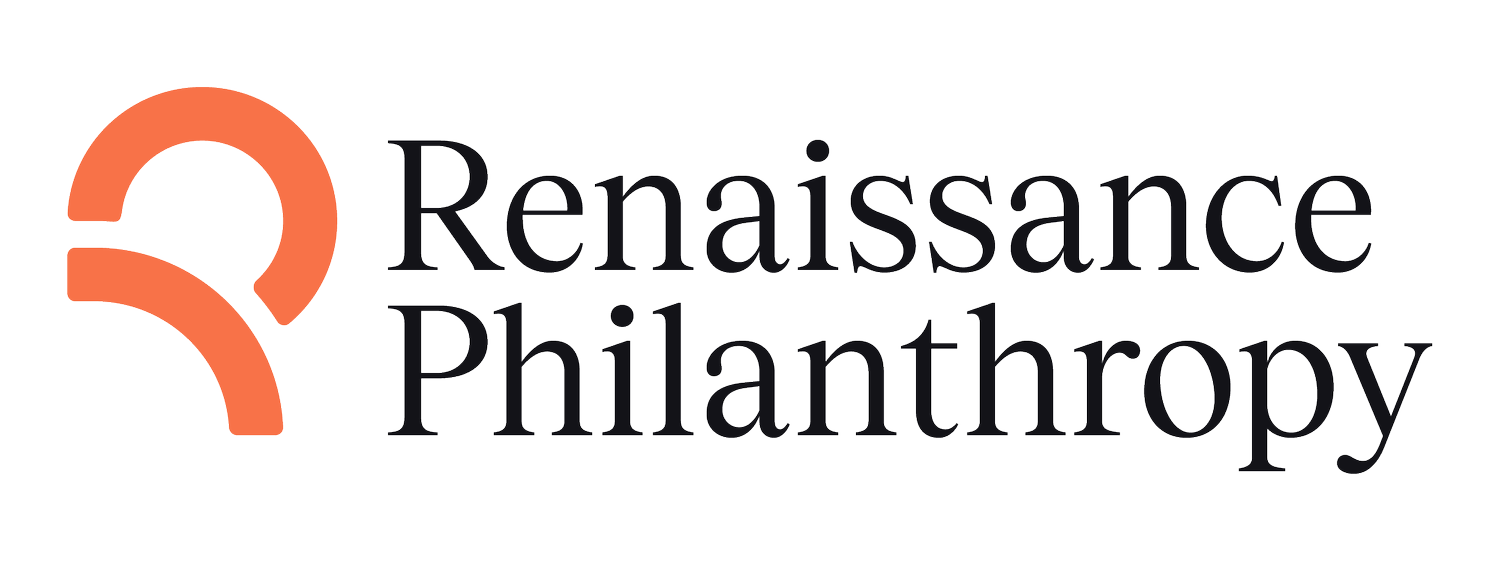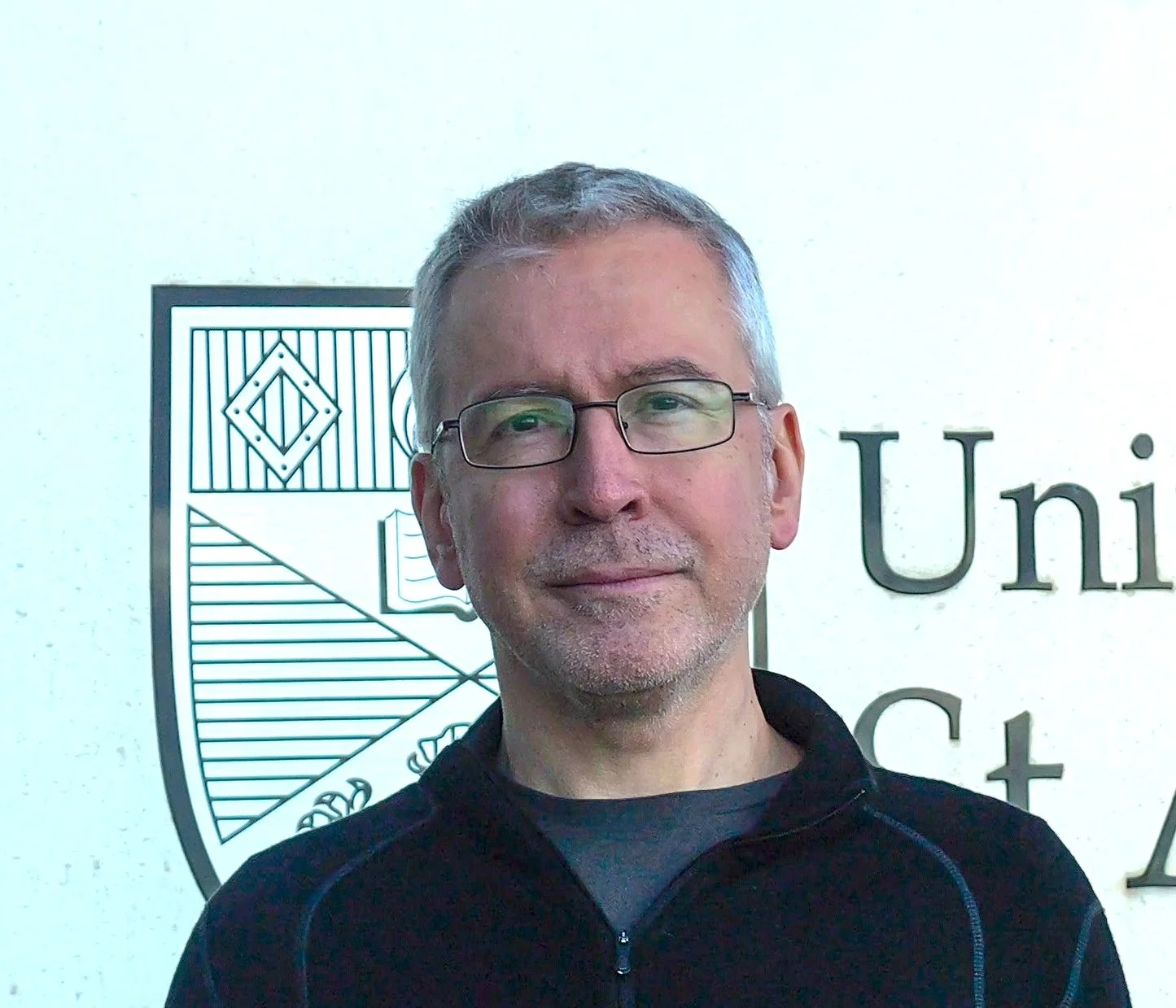Polymath Plus
The Project
Polymath Plus is a next-generation online collaboration platform that integrates large-scale human participation with AI-based reasoning to advance mathematical discovery. Building on the original Polymath project, it uses AI both as an administrator to manage discussions and as a collaborator to contribute ideas and verify proofs. By combining human intuition with machine-assisted rigor, Polymath Plus aims to simplify established theorems, tackle unsolved challenges, and accelerate collaboration within the mathematical community.
The Team
Pietro Michelucci is the Executive Director of the Human Computation Institute and a Visiting Scientist at Cornell University. As a cognitive scientist specializing in hybrid human/AI intelligence, he seeks to apply the complementary strengths of humans and machines to tackling societal problems. He founded the Stall Catchers citizen science project and is the editor of the Handbook of Human Computation.
Jason Dyer taught mathematics in a high school classroom for 11 years; during this time he participated in the Polymath Project which discovered a new combinatorial proof to the density version of the Hales–Jewett theorem. He then went to work at Brilliant.org, a math and science learning app, developing curriculum as well as arranging mini-Polymath projects with members of the service. He currently does consulting in educational game design for clients in Europe, North America, and Asia. \n
Sam Shaaban has been building software for researchers and innovators since founding NuRelm in 1999. He's passionate about helping creators brainstorm, prototype, budget, and deliver digital health apps, passive sensor data collection systems, study portals, data processing pipelines, and creative ways to improve lives.
Michael Stillman studied mathematics at University of Illinois as an undergraduate and at Harvard as a graduate student. After postdoctoral appointments at University of Chicago, Brandeis, and MIT, he joined the faculty at Cornell University in the mathematics department. His research interests revolve around computational algebraic geometry, including algorithms, implementations, and applications (to e.g. biology and theoretical physics). He is one of the creators of the Macaulay2 computer algebra system.
Greg Lipstein is Co-founder and Principal at DrivenData, a social enterprise dedicated to bringing the transformative power of AI to organizations tackling our world’s greatest challenges. DrivenData's competition platform channels the skills and passion of data scientists around the world to build solutions for social good. Working with our amazing community and organizations like NASA, Microsoft, Meta AI, and The World Bank, our competitions have provided $4.8M+ in prizes, evaluated 200K+ submissions, and advanced solutions for public services, health, science, nature, education, and more.
Timothy Gowers is Professor of Combinatorics at the Collège de France, which he combines with a position in the mathematics department at Cambridge and a fellowship at Trinity College. In Cambridge he runs a group in automatic theorem proving, with a focus on understanding the processes that human mathematicians use to find proofs. He received a perfect score in the IMO in 1981 and was awarded a Fields Medal in 1998 for his work in functional analysis and combinatorics. He is the author of Mathematics: A Very Short Introduction and the main editor of The Princeton Companion to Mathematics.






